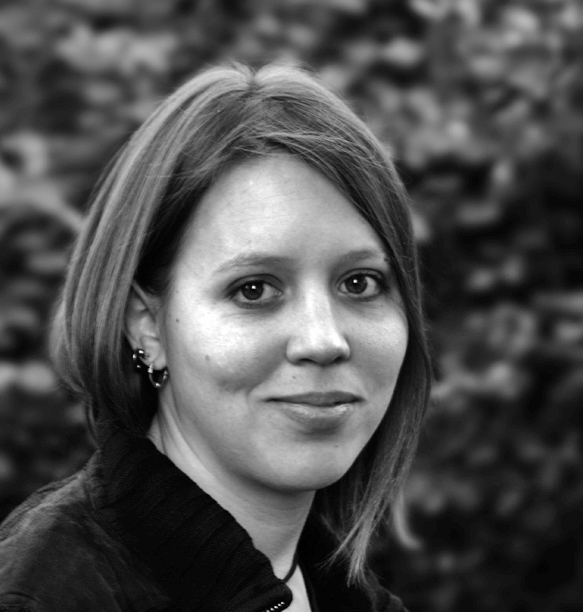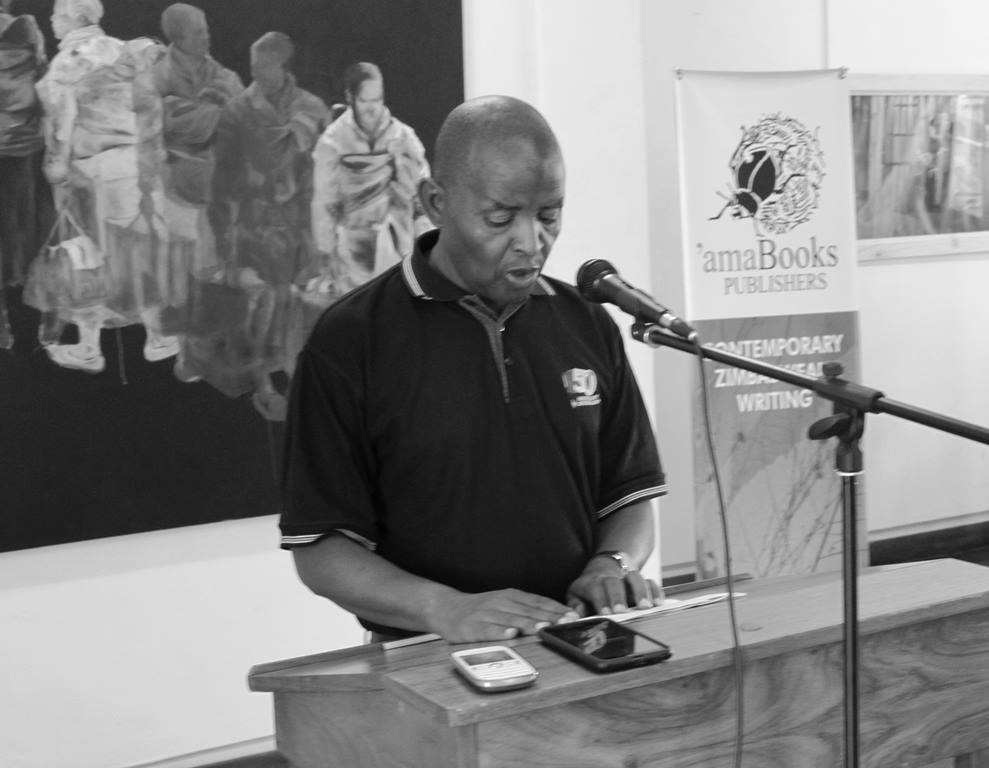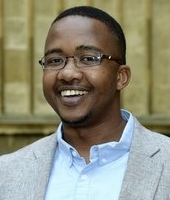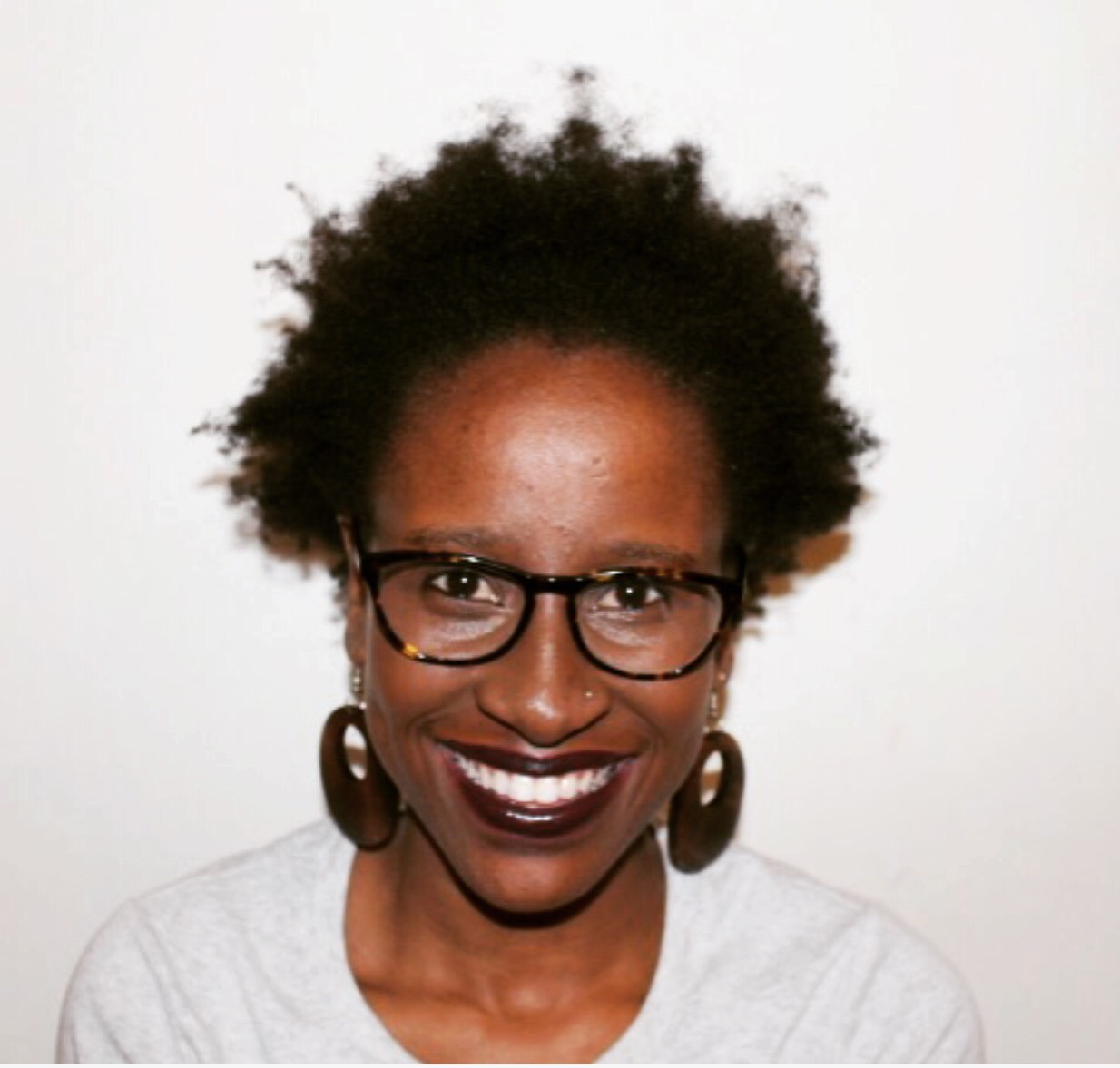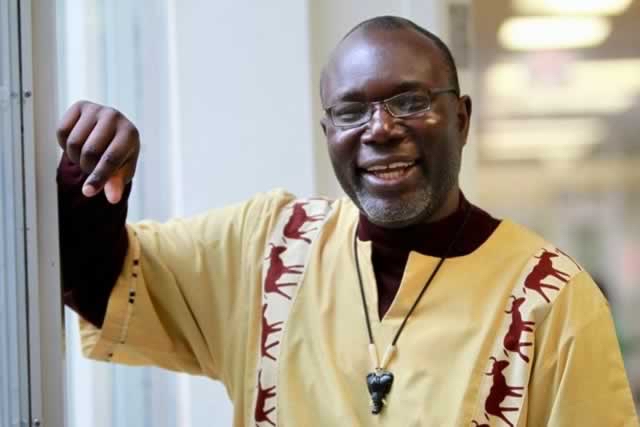from: http://www.parthianbooks.com/content/inspiration-and-how-cook-story-interview-tendai-huchu
Wed,
2016-01-20 Claire Houguez
Which writers, books or ideas have inspired
you?
I’ve drifted through different phases where
I’m into various movements and/or writers, so it’s pretty hard to narrow down a
definite inspiration. In high school I used to read pulp genre sci-fi from the
golden age, because that was the stuff we had in the library. In my early 20s I
was into the Russians. Then I liked the experimentalists, even though I didn’t
always get what they were doing. Late 20s I was into noir and hard boiled
American authors. So, I’ve been pretty promiscuous, hopping from one bed to the
next and never quite settling. This is by no means an exhaustive list, the
point I’m trying to make is that inspiration would have to be the sum total of
everything I’ve read so far.
What do you think are the basic ingredients
of a story?
Oh God… I suppose first you have the idea,
and then everything else really comes in to try to bring the idea to life in a
story. Think about voice, what the story will sound like—who is telling it? in
what tense? pacing and so on. Will the story have a plot or not? Character.
Structure and form. Setting or location.
Genre. There are an awful lot of mechanical decisions as to what you will have
in pot, when you do a story, but thankfully most of them are made instinctually. You just go with your gut.
Do you write with an ending already in
mind?
It pretty much depends on the story. When
the muses are kind, I know exactly how we are getting from A to Z in a story,
though there are almost always a few surprises along the way. At other times, I
only have fragments which I try to piece together blind. I do find though that
the longer the gestation period between the initial conception of the idea and
its execution, the more likely I am to having the ending in mind before
writing, so it may just be a case of how well thought out the piece is before I
get to my desk.
Who do you imagine as your ideal reader?
Me as a young man, more open to new
experiences. Now that would be an idea, hey? Writer invents a time machine and
sends his own work back to his younger self… forget the loopholes. No! Stop
right there, dude. That sounds so fucking vain, like my shit is so awesome, I
just want to send it back to myself. Talk about masturbatory, ewww. You’re getting this all wrong, man, the point
I am trying to make is that I write stuff that I would want to read if I wasn’t
the guy writing that stuff, that’s all.
Whatever.
If your main characters existed in real
life would you be friends with them?
That would just be sad on so many levels.
Like, my imaginary friends just popped into existence and here I am having tea
with them in this beautiful English garden. Puh-lease.




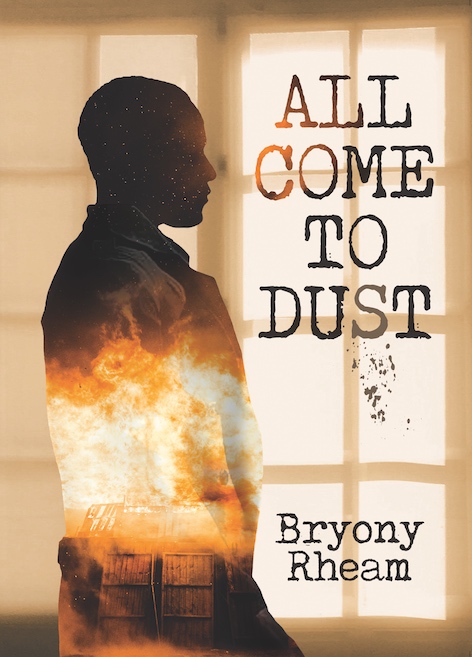
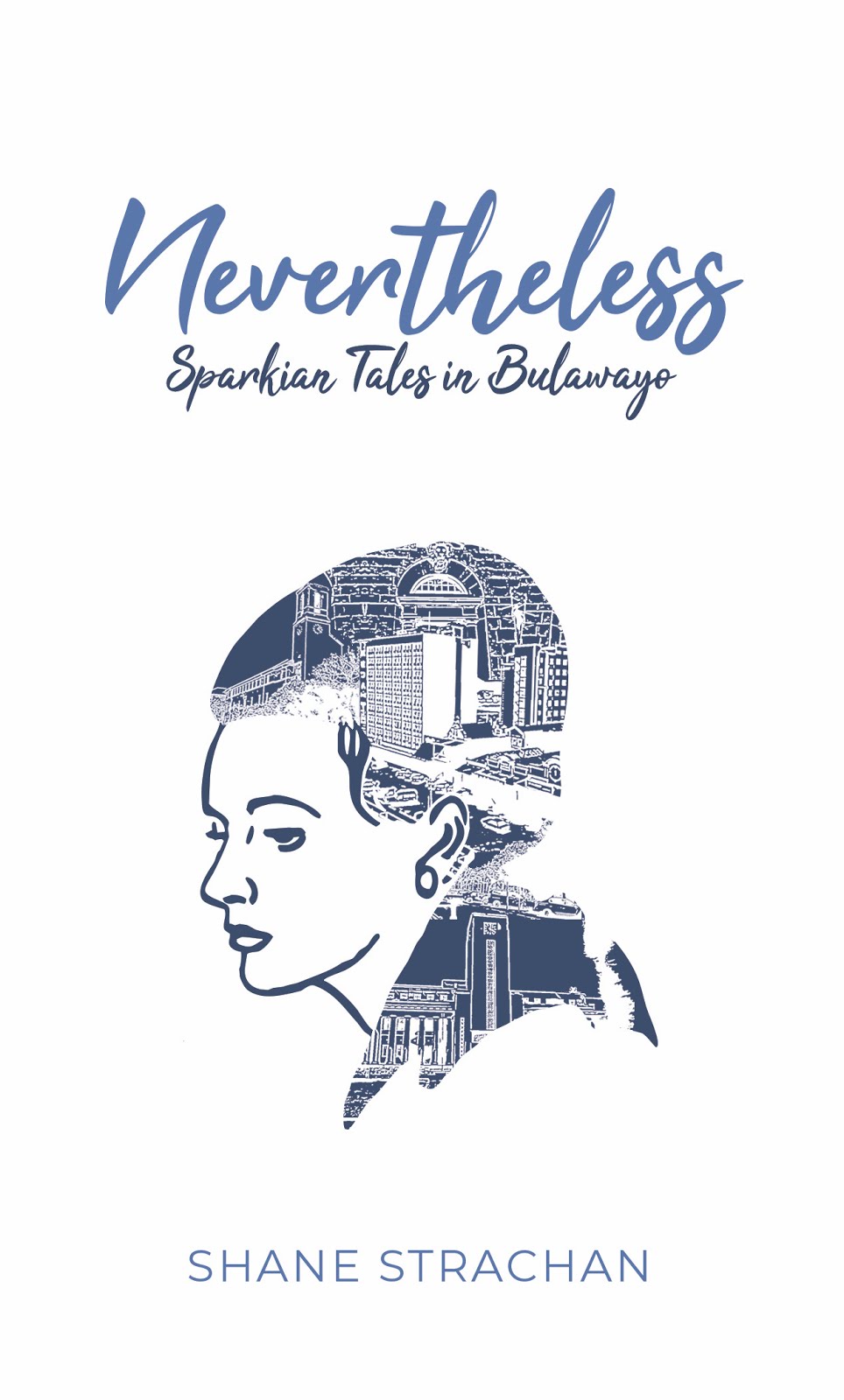





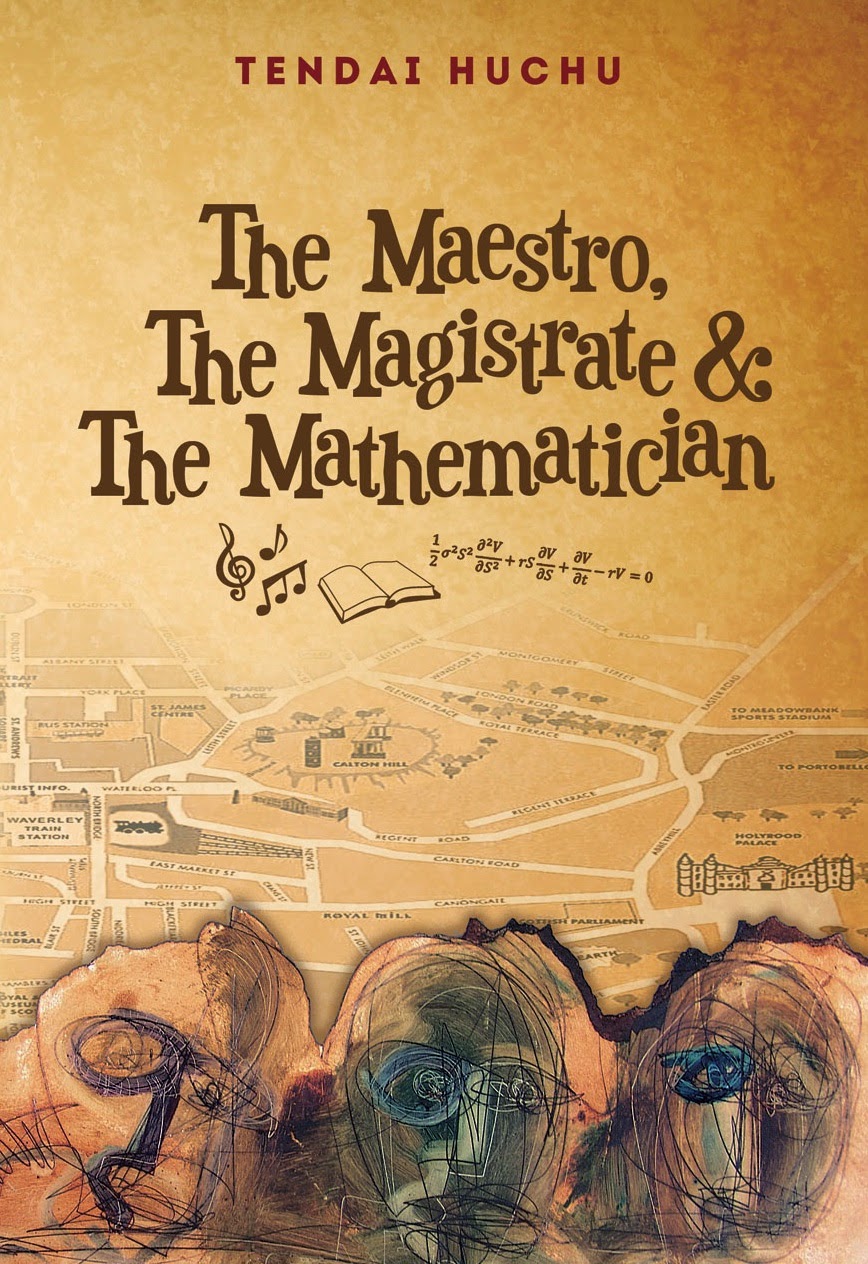
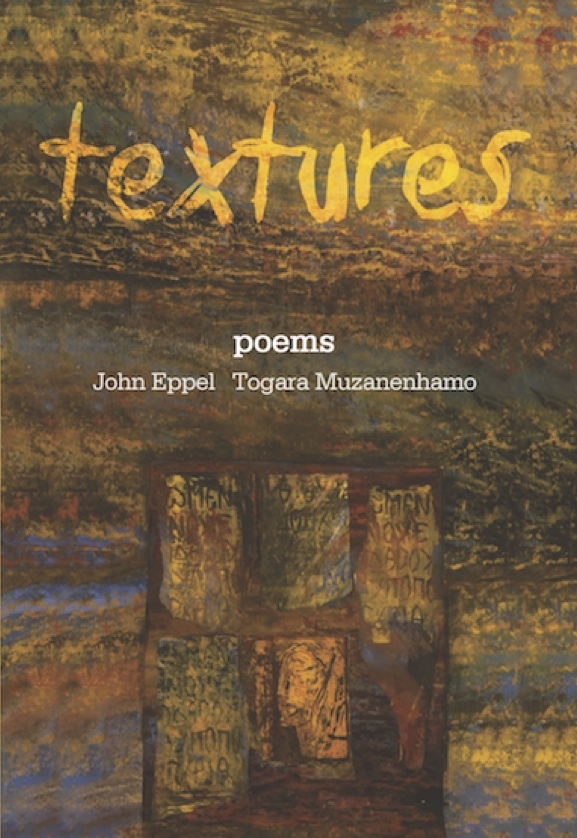
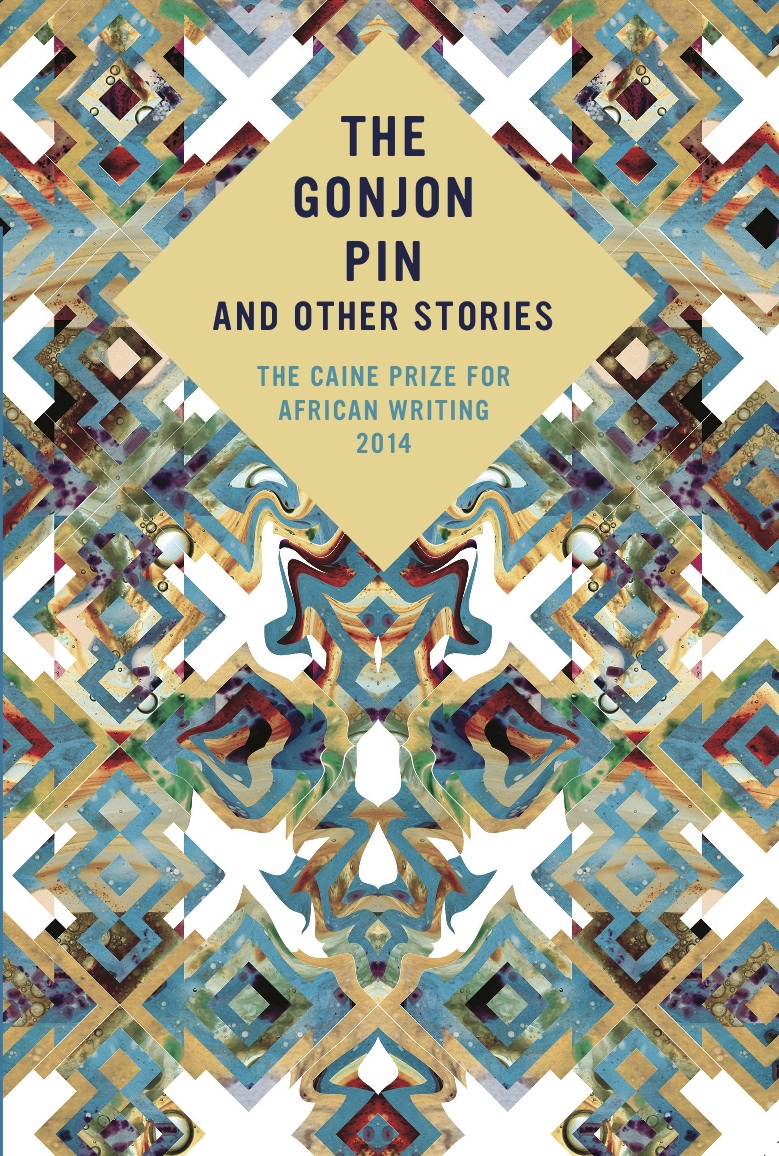
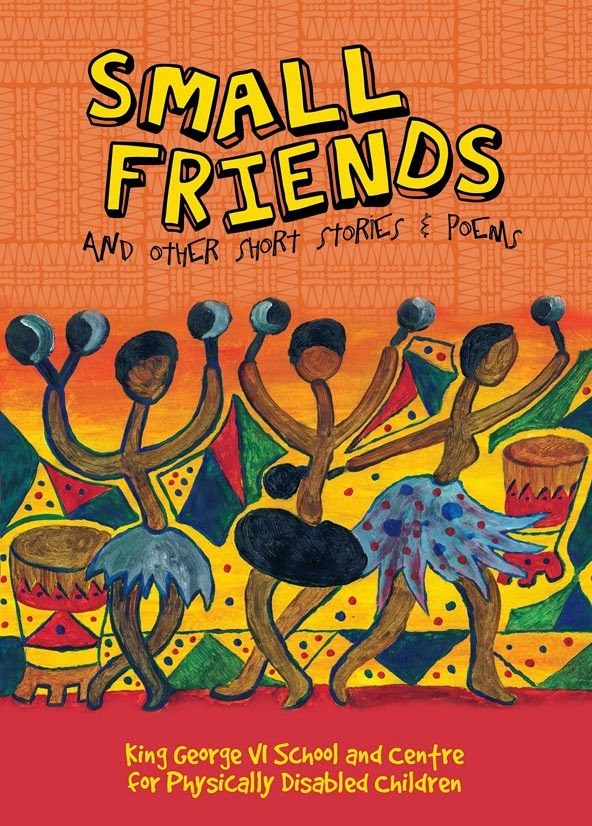
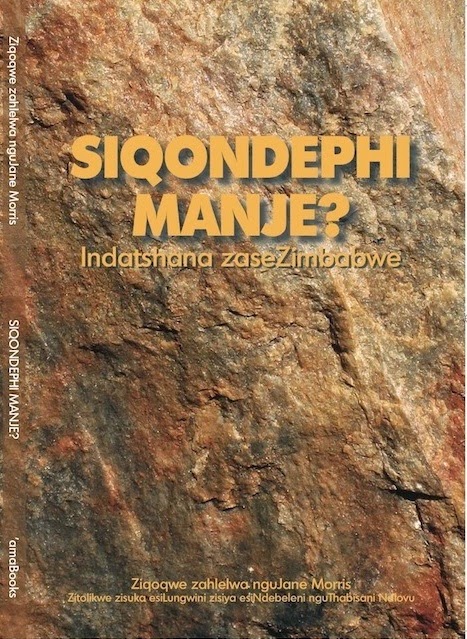
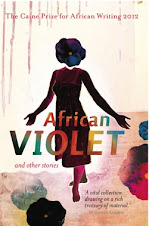

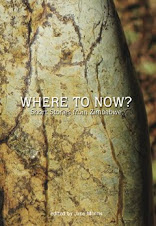
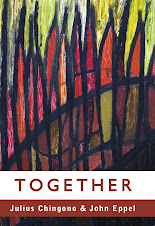
.jpg)

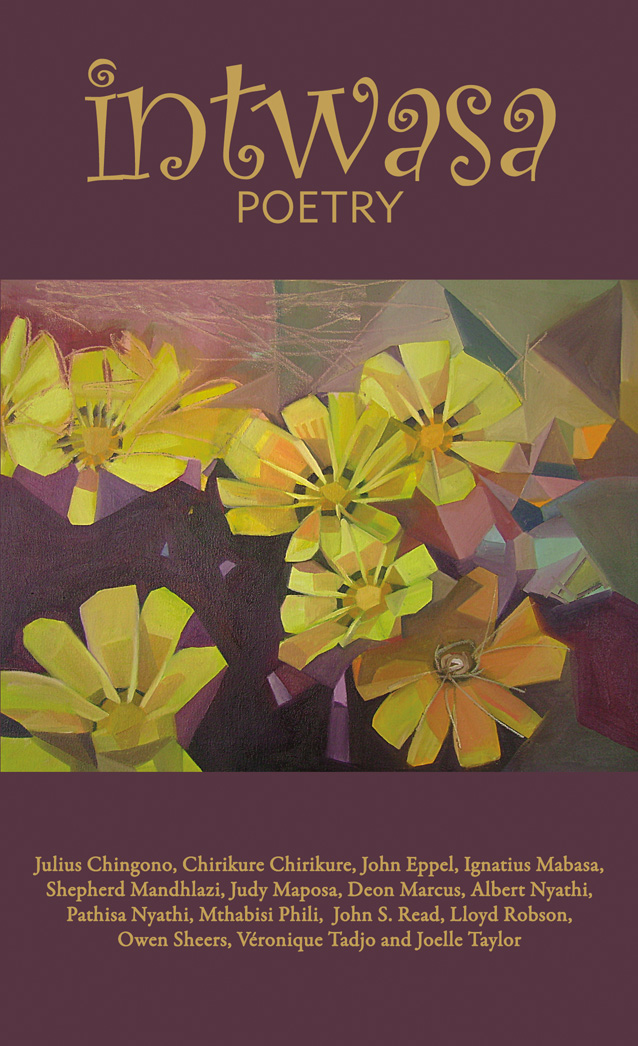


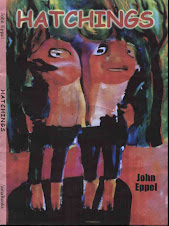













.jpg)





